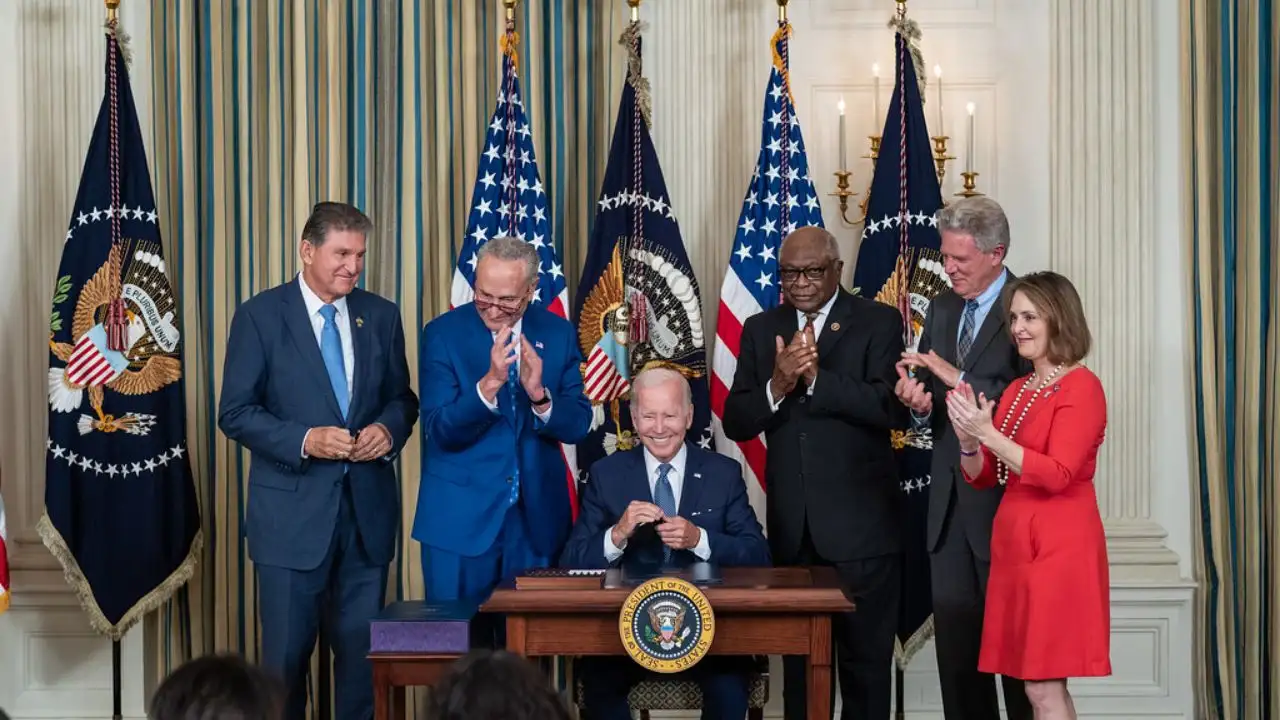
- Hawaii Gas seeks rate hike after years without.
- The request is a 17% statewide revenue hike.
- Businesses would suffer from the added operating cost and prices.
- Hawaii is at number one with the highest electricity rates in the U.S.
Hawaii Gas requested an increase in rates, and the Public Utilities Commission is now set to weigh its necessity against its probable impacts on local residents and businesses. The company, that hasn’t raised its rates since 2008, faces pushback from people worried about the financial strain amid Hawaii’s ongoing renewable energy transition.
Also read: BP Completes Lightsource BP Acquisition, Expands Solar Power
Hawaii Gas president and CEO Alicia Moy explained the increase averages just 2.5% annualized since the last hike—below inflation rates but, she admitted, there was “still an inflationary increase” since this request represented a 17% revenue boost for Hawaii Gas, raising business owner concerns and citizen anxiety.
It’s scary. We get periodic increases, but this level is daunting for most,” Michael Miller, director of operations at Tiki’s Bar & Grill said. Miller said high gas rates would not be reflected in the restaurant or food services but cost would be reflected to the consumer as well.
As Hawaii works to reduce carbon emissions and rely more on renewable energy, Moy noted that these operational changes make rate hikes essential. Hawaii has the highest electricity rates in the country—33.89 cents per kilowatt-hour—nearly double that of the second-highest state, Connecticut. Yet, renewable sources accounted for just 31% of Hawaii’s energy generation, with demand significantly outpacing local production.
Moy reassured stakeholders of Hawaii Gas’s commitment to help Hawaii reach its carbon-neutral goal of 2045, further adding, “We are working hard to further decarbonize our fuel mix.”
Also read: Pennsylvania Ranks 48th in U.S. for Renewable Energy Growth
Hawaii Gas’s rate increase proposal highlights the delicate balance of the tradeoff between energy costs and state-level renewable energy goals. Given the timing is still pending, Hawaii’s Public Utilities Commission will have to consider the impact it will have on businesses as well as residents in further consideration of the request.






